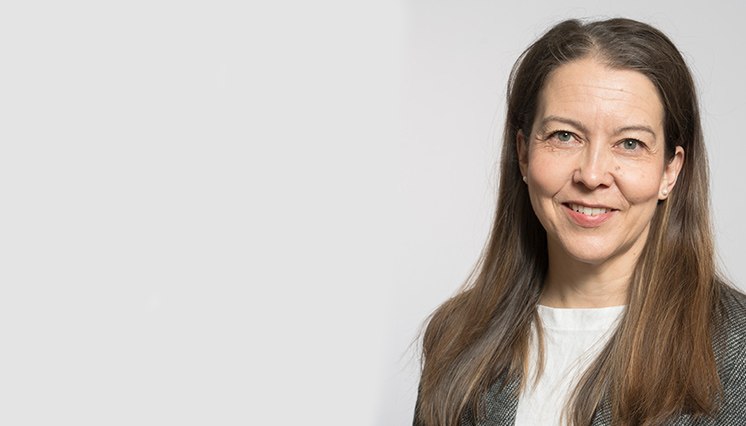Women’s leadership is decisive in tackling climate-related conflicts
Climate-related conflicts are linked to marginalisation and exclusion. Now more than ever women’s organisations need support as agents of change, writes Elisa Tarnaala, interim head of CMI’s Women in Peacemaking team. This blog is based on a speech she gave at the Africa-EU Civil Society Forum in mid-February.

Interim Head of CMI’s Women in Peacemaking team Elisa Tarnaala.
My focus is on the impact of climate change on peace and security, and especially on the Women, Peace and Security (WPS) agenda. We know that complex causal relationships exist between climate change and human security. This means that the effects of climate change on conflict are not pre-determined, and this is why there is no single recipe to peacebuilding in climate-related conflicts either.
We cannot say that protecting women from the impacts of climate change, deteriorating resources, and violent conflict would automatically increase peace. Of course, it is a humanitarian imperative to protect the most vulnerable, but peace might not necessarily increase due only to protection. Peacebuilding is an activity that involves empowerment and agency. So, by understanding women, and especially young women, as agents of change, and not as passive victims, another perspective on climate-related peacebuilding opens up. Climate-related conflicts cannot be separated from governance and participation.
Formal and informal institutions regulate access to natural resources. To better understand these dynamics, we need more context-driven research and evidence-based policymaking produced in partnership with local CSOs and researchers. Women’s groups and activists have the knowledge, networks, and willingness to carry out such work. This is not without risk, because it often involves going against local, traditional and customary leaders, and asking those in power tough questions about access to resources. So, when women and women’s groups address climate-related conflicts, it can contribute to their vulnerability as they step outside their traditional roles.
The effects of climate change are also creating a growing sense of unfairness and injustice over increasing inequality and how resources are managed locally, nationally, and globally. Some women’s groups claim that climate security cannot be addressed unless the issues of climate justice and gender justice are also tackled. The climate-conflict literature on the Sahel, for instance, shows that a narrow focus on automatic linkages deduced from abstract variables is inadequate. Climate and conflict are interrelated. But there is no single paradigm to understand how change in livelihoods and food security impacts conflict; how extreme weather events (such as heatwaves, flooding and drought) causes armed violence, or how insecurity contributes to migration and displacement.
Could climate finance mechanisms be used to better understand political dynamics of climate-related conflicts and strengthen local leaderships, and involve affected communities and their women leaders?
International partners should, now more than ever, be nurturing partnerships with women’s organisations and groups in different regions of the African continent. This would render them less their vulnerable when participating in and leading popular mobilisation against corruption, bad governance, marginalisation, and exclusion related to climate-related conflicts.